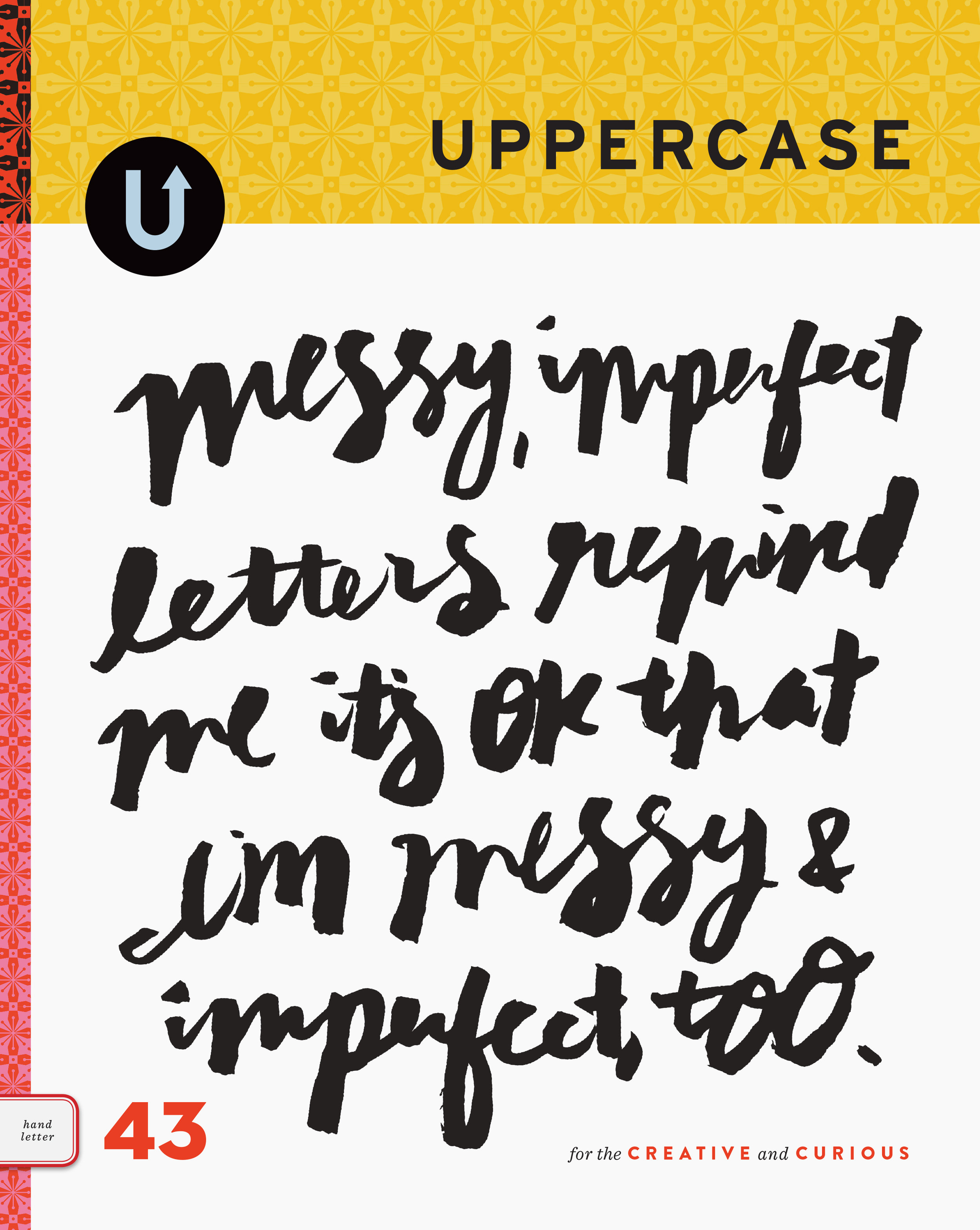Design Thinkers, part 2
/Christopher Rouleau shares more of his conference notes from Design Thinkers.
Richard Turley
Senior VP of Storytelling, MTV (previously: Bloomberg Businessweek)
"Let's Talk About Me"
- "Typography can change the world!"
- on bad clients: "the worse I made it, the more they liked it…"
Steve Vranakis
Executive Creative Director, Creative Lab, Google
"Making Technology Matter, and Using Technology to Drive Creativity"
- the description "must be brave & kind" was listed in a Google Creative Labs job posting
- make design matter
- coding = a creative discipline
- developers = artists
- code / poetry = right words in the right order
- break the conventions / structures
Annette Diefenthaler, Ellen Lupton & Lawrence Zeegen
"The Future of Design Education"
What is the most important trait(s) for students leaving college / entering the workforce?
AD: one core skill is more important than multiple skills. A single skill permeates through a portfolio. Don't pretend you can do everything.
LZ: not skill sets, but mindsets / must be able to embrace new thinking – we're looking for innovators who will push the industry forward
EL: don't copy others / "nobody's going to be everything"
What is more important: critical thinking or technical skills?
EL: there should be no division—skill set and mindset should be integrated
AD: students must be adaptable and be able to teach themselves, or know how to acquire the skills they need
LZ: importance of learning both high tech and low tech (analog techniques), as well as learn from each other
How do you teach less-skilled students (the 90% "non-stars")?
LZ: educators are responsible for teaching the entire gamut of students, from all skill levels and backgrounds. strive for better, not best
AD: must question metrics – not just about graphic design "hard skills"
things to consider:
how is the student inspiring / challenging the discipline / industry?
how the student having an impact on his / her community?
how is the student able to communicate / inspire / teach others?
ultimately, educators must embrace diversity of skills and help break down barriers
Should software / technical skills be the core of design programs?
EL: critical thinking is more important that software knowledge
"teach spelling AND poetry in tandem" — always with an element of FUN
How important is coding fluency in a world where students are expected to be multi-disciplinary?
AD: students must have "digital fluency": able to use but not necessarily produce
ability to tell stories with existing apps, platforms, tools of visual distribution
How do you teach students to be "resourceful"?
EL: make students work within constraints, units, specific parameters, this teaches problem solving / resilience creates systems that can change / design is the most basic form of literacy for both designers and non-designers / empower students to do good: either at industry/agency level, or within their community
AD: time = money; make students execute projects in time constraints
find ways to "get to amazing" within 24 hours
What are your thoughts on design departments who are changing the course descriptions from "Graphic Design" to "Communication Design"?
EL: "I will go to my grave as a graphic designer!"
"graphic design" connotes discipline, long standing traditions
"communication design" connotes business, marketing, PR (yuck)
LZ: "graphic design" doesn't adequately describe the tasks any more
What are the constraints of a 3-year design degree? What would you add/change?
LZ: too insular
gap between real money / real time
need to connect graphic design with everything else
EL: too much focus on self, homework, etc. / add communal spaces to create a studio experience, encourage peer-to-peer learning, which is invaluable / also, make all classes electives…
AD: most classroom spaces are terrible – feel too "school-like"
learning / working environments affect how we think, act, and the quality of our work
Visit Christopher's blog for more, including his notes on Jessica Walsh and Erik Spiekermann. Our thanks to Design Thinkers for the press pass to this annual event.









